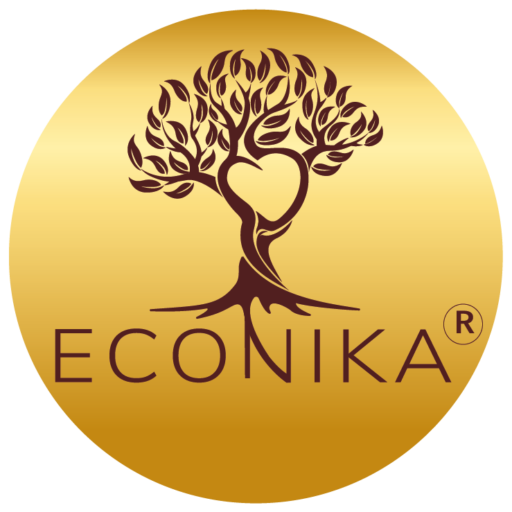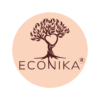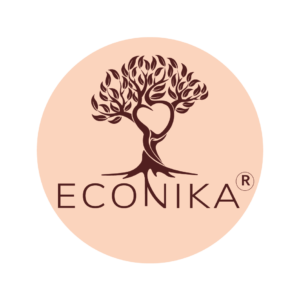S.V. Krasnokutsky,Department of General Practice – Family Medicine, KhMAPO, m. Kharkiv
Use of Econika’s food supplement «Nettle» for the treatment of iron deficiency anemia
Iron deficiency anemia (IDA) is the most common among all anemia syndromes encountered in the practice of doctors of various specialties, and accounts for approximately 80% of all anemias. According to WHO, the number of people with iron deficiency reaches 200 million people worldwide. people. The most vulnerable to the development of IDA are young children, pregnant women, and women of childbearing age. In developed European countries and Russia, about 10% of women of childbearing age suffer from IDA, and 20% of women have latent iron deficiency (1,2). The basis of treatment of patients with IDA, along with the impact on the cause of the disease, are iron drugs, which are prescribed mainly orally. The relevance of this study is determined by the high prevalence of iron deficiency anemia and the high cost of foreign iron-containing drugs.
Aim of the study: to determine the effectiveness and dosage of the food supplement Liovit «Nettle» (produced by PP «Borodatov», Kharkiv) in the treatment of IDA.
Inclusion criteria for the study:
- confirmed anamnestically iron deficiency anemia with a hemoglobin level of 85-110 g/l;
- patient consent to use only the studied food supplement as an iron-containing drug;
- absence of oncological diseases, renal failure and chronic blood loss in patients during the study period.
Study material: use of the Econika food supplement “Nettle” for cookies.
The study selected 10 patients aged 44 to 58 years (6 of them women), who are being treated in the therapeutic department of the 8th MSL for hypertension, coronary heart disease, chronic bronchitis, osteoarthritis with concomitant anemia. Previously, all subjects had repeatedly and successfully used iron preparations, after which the hemoglobin level was restored to normal values. All patients, except for general clinical ones, underwent X-ray examinations of the gastrointestinal tract and chest organs, ultrasound examination of the parenchymal organs of the abdominal cavity, and stool analysis for occult blood. In order to comparatively assess the effectiveness of the study drug, an analysis of archival medical histories and outpatient cards of the studied patients was conducted.
The study lasted for 3 weeks. Clinical blood tests were performed on all patients daily. A moderate decrease in hemoglobin and erythrocyte content (and, of course, a decrease in the color index) was detected in all subjects. Other clinical blood test parameters were within the appropriate values. The main reasons for the development of IDA in patients were minor chronic blood loss, intestinal malabsorption, and elemental insufficiency. The reliability of the results was assessed using the Student’s t-test for related samples.
The results of the study are presented in the table.
Dynamics of hemoglobin level and erythrocyte content during treatment
The patients studied took 2 measuring spoons of the Econika extract “Nettle” 3 times a day on an empty stomach. The smallest doses used earlier were not effective enough.
During the treatment, the hemoglobin level and color index changed with high reliability. The content of erythrocytes increased slightly (see table). Other indicators of clinical blood analysis did not change. The drug was well tolerated by patients, no side effects were detected. As the hemoglobin content in the blood increased, the general well-being of the patients also improved. Compared with the effect of previously used iron-containing drugs in these patients, no significant differences were detected.
Conclusions: Liovit “Nettle” can be used to treat iron deficiency anemia at a dose of 2 ml x 3 times a day in patients without increased iron losses.



